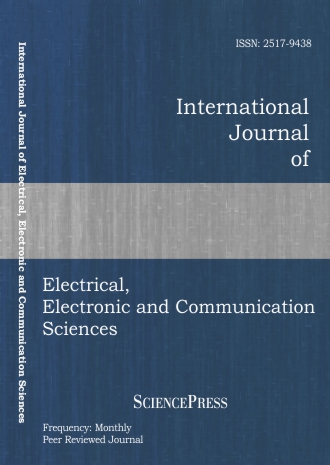
Scholarly
Volume:2, Issue: 11, 2008 Page No: 2448 - 2451
International Journal of Electrical, Electronic and Communication Sciences
ISSN: 2517-9438
1090 Downloads
Application of Load Transfer Technique for Distribution Power Flow Analysis
Installation of power compensation equipment in some cases places additional buses into the system. Therefore, a total number of power flow equations and voltage unknowns increase due to additional locations of installed devices. In this circumstance, power flow calculation is more complicated. It may result in a computational convergence problem. This paper presents a power flow calculation by using Newton-Raphson iterative method together with the proposed load transfer technique. This concept is to eliminate additional buses by transferring installed loads at the new buses to existing two adjacent buses. Thus, the total number of power flow equations is not changed. The overall computational speed is expectedly shorter than that of solving the problem without applying the load transfer technique. A 15-bus test system is employed for test to evaluate the effectiveness of the proposed load transfer technique. As a result, the total number of iteration required and execution time is significantly reduced.
References:
[1] J.J.Grainger and W.D. Stevenson, Power system analysis, McGraw-Hill,